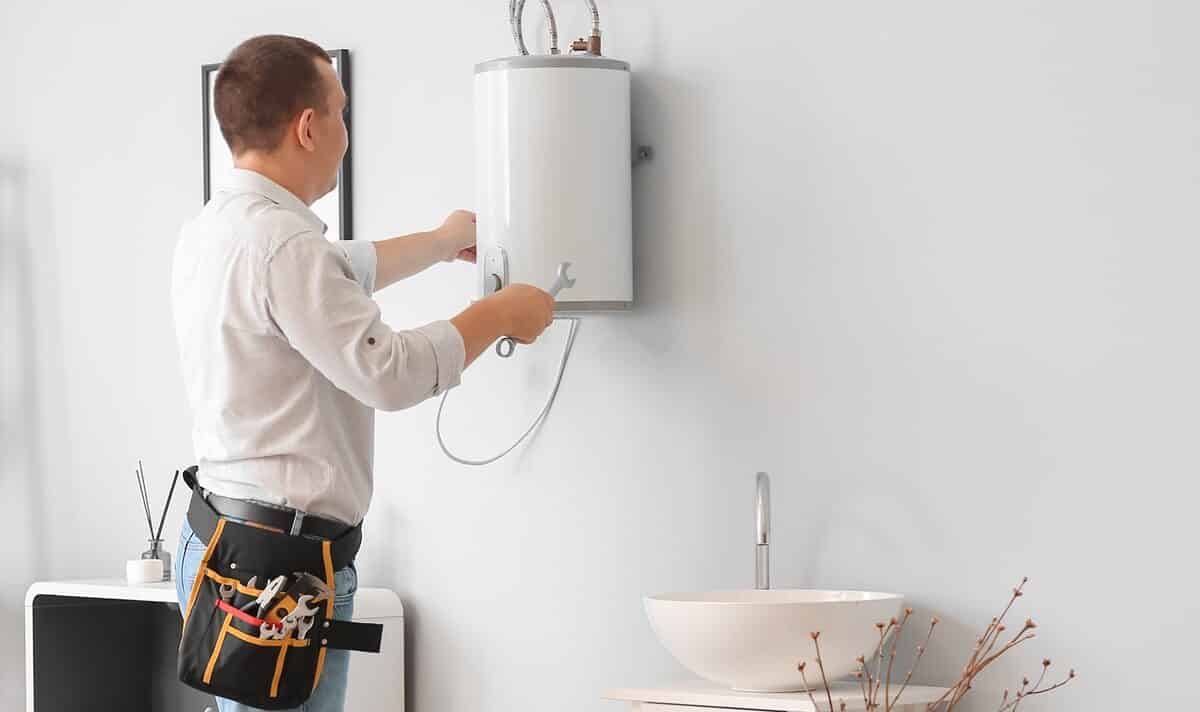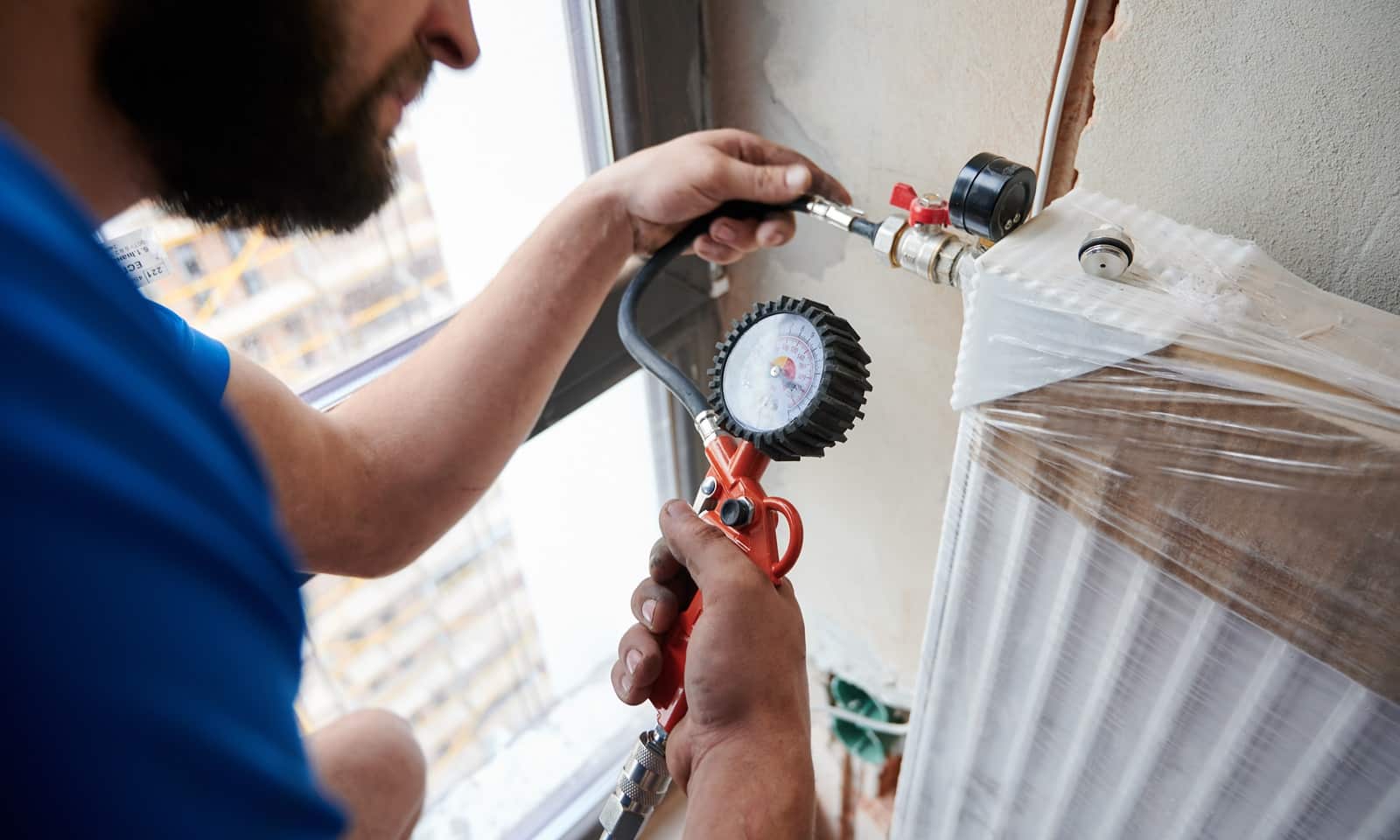 Winter Prep 101: How to Get Your Heating System Ready for the Cold Months
Winter Prep 101: How to Get Your Heating System Ready for the Cold Months

As the weather gets colder, your heating system will be working overtime to keep your home warm and comfortable. That’s why it’s important to get your heating system ready for winter before the cold weather hits.
If you don’t prepare your heating system for winter, you could end up with a broken boiler or furnace – and that’s the last thing you want on a cold winter night!
In this article, we’ll discuss why you need to prepare your heating system for winter, how to get an annual tune-up, the most common boiler problems and how to fix them, how to winterize your boiler and pipes, and when to call a professional.
Winter is Coming: Why You Need to Prepare Your Heating System Now
As the weather gets colder, your heating system will be working overtime to keep your home warm and comfortable. That’s why it’s important to get your heating system ready for winter before the cold weather hits.
If you don’t prepare your heating system for winter, you could end up with a broken boiler or furnace – and that’s the last thing you want on a cold winter night!
There are a few things you can do to get your heating system ready for winter: get an annual tune-up, inspect your boiler or furnace, clean your chimney or flue, bleed your radiators, and check your carbon monoxide detectors. By taking these simple steps, you can help ensure that your heating system will be able to keep your home warm and comfortable all winter long.
Get an Annual Tune-Up: The Benefits of a Boiler Service
The benefits of an annual boiler tune-up are many. Not only can it improve your boiler’s energy efficiency by up to 15%, but it can also identify and fix potential problems before they cause a breakdown. regular maintenance can also extend the life of your boiler by several years.
A boiler tune-up is relatively inexpensive and can save you money in the long run. A professional can also give you advice on how to get the most out of your boiler. During a tune-up, a technician will clean the combustion chamber, inspect the heat exchanger, test safety controls, lubricate moving parts, and check the fuel supply. They will also calibrate the thermostat and inspect the venting system. This comprehensive inspection can help prevent costly repairs or replacements down the road.
An annual tune-up is important for keeping your boiler running smoothly and efficiently. If you have any questions about your specific boiler, a professional technician will be able to answer them during a tune-up. They can also give you advice on how to properly maintain your boiler between tune-ups.
Investing in an annual tune-up will pay off in the long run by saving you money on expensive repairs or replacements. It will also extend the life of your boiler and keep it running smoothly and efficiently all winter long.
The Most Common Boiler Problems (and How to Fix Them)
The most common boiler problems are caused by lack of maintenance, incorrect installation, and poor quality control during manufacturing. However, these problems can be avoided by taking some simple steps to prepare your boiler for winter.
Lack of maintenance is one of the most common causes of boiler problems. A boiler needs to be serviced at least once a year in order to keep it running smoothly and efficiently. A professional can clean the combustion chamber, inspect the heat exchanger, test safety controls, lubricate moving parts, and check the fuel supply. They will also calibrate the thermostat and inspect the venting system. This comprehensive inspection can help prevent costly repairs or replacements down the road.
Incorrect installation is another common cause of boiler problems. Boilers must be installed according to local building codes and manufacturer’s instructions in order to work properly. If a boiler is not installed correctly, it can lead to a number of problems, including leaks, inefficiency, and even fires.
Poor quality control during manufacturing can also lead to boiler problems. Boilers are complex pieces of machinery, and even a small mistake during manufacturing can cause big problems down the line. That’s why it’s important to buy a boiler from a reputable manufacturer who has strict quality control procedures in place.
By taking some simple steps to prepare your boiler for winter, you can avoid these common problems and keep your home warm and comfortable all season long.
How to Winterize Your Boiler and Pipes
Winterizing your boiler and pipes is an important part of preparing your home for winter. By taking the time to do this, you can avoid costly repairs or replacements down the road.
Here’s how to winterize your boiler and pipes:
- Turn off the power to your boiler and allow it to cool.
- Drain the boiler by opening the drain valve at the bottom.
- Add an inhibitor to the boiler to protect it from corrosion.
- Refill the boiler with clean water and turn the power back on.
When to Call a Professional
You should call a professional if your boiler is more than 15 years old, making strange noises, leaking water, or not heating your home properly. You should also call a professional if you’re not comfortable performing boiler maintenance yourself.


